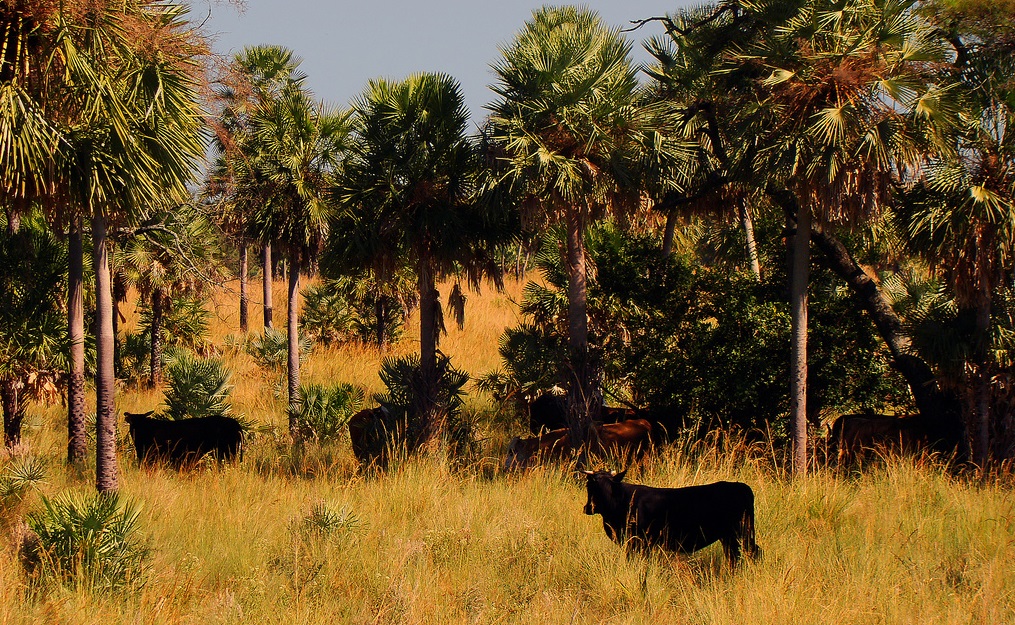ARGENTINA
Argentine researchers have developed a probiotic powder which includes bacteria of the genus Lactobacillus. This additive, which can be preserved up to a year with refrigeration, can be added to foods and liquids to “help with the nutritional deficiencies of the most vulnerable such as children and the elderly,” said the scientists from the National Institute of Agricultural Technology (INTA) and the Universidad Nacional del Litoral. The powder, which contains more than 10 million bacteria per gram, does not affect the smell, color, taste or consistency of the foods to which it is added. Probiotics, foods that include microorganism, are celebrated for their beneficial health effects, such as contributing to the balance of intestinal flora and boosting the immune system.

Argentina is looking for new places to raise cattle in an effort to boost production. As a producer and exporter of beef, Argentina is falling behind: heads of cattle have dropped from 56 million in 2007 to 47 million in 2012. To achieve its goal of producing 3.8 million tons by 2020, the state has funded numerous studies. One is being done in the province of Santiago del Estero looking at environments previously unsuitable for agriculture. Using a genetic study called transcriptomics, scientists are studying embrionic interactions in semi-arid environments, assessing molecular profiles in response to hormonal or metabolic changes, and looking at changes in the embryo at the time of implantation. These factors are crucial for the survival and healthy birth of calves, which translates into improved pregnancy rates and more live births.
CARIBBEAN
The dispersants used to mitigate the impact of the Deepwater Horizon oil spill in the Gulf of Mexico have had a toxic effect on two species of coral. Researchers from Florida’s Mote Marine Laboratory concluded that the exposure of coral larva to disperants—particularly CorexitH 9500—can negatively affect survival and colonization of coral and affect the resistance and recovery of coral reefs. The results were published in the journal PLoS ONE.
COLOMBIA
Colombian scientists have found that pollination by wild bees can improve the productivity of coffee plants of the species Coffea arabica. The researchers found that coffee beans grew larger and heavier when pollinated by four species of bees: Augochlorella, Apis, Trigona and Lasioglossum. Though Colombia’s coffee plants can self-pollinate, the scientists say open pollination could drastically improve productivity in a country where that fell by 35% in 2012. Arabica is grown around the world and prized for being of a higher quality than the robusta species.
MEXICO
A new molecular test developed by Mexican scientists can detect in a fetus at week eight chromosomal abnormalities that lead to diseases such as Down syndrome, Klinefelter’s or Turner’s. A single cell from the fetus isolated from the uterus is enough to amplify the genome and reveal anomalies with greater than 95% certainty.
EL SALVADOR
El Salvador has developed a beverage fortified high in protein intended for 800,000 students through a school meal plan. Nutritional aspects such as weight and height of the students involved will be evaluated periodically. The drink is made from corn and was developed by the National Center of Agricultural and Forestry Technology (CENTA) and El Salvador’s ministries of Agriculture and Education.
